In the world of manufacturing and construction, aluminium sheet metal is a versatile material that plays a crucial role in a wide range of applications. From aerospace engineering to automotive manufacturing, this lightweight and durable material is known for its excellent properties and numerous advantages. In this article, we will explore the various uses and benefits of aluminium sheet metal, highlighting why it is such an essential component across multiple industries.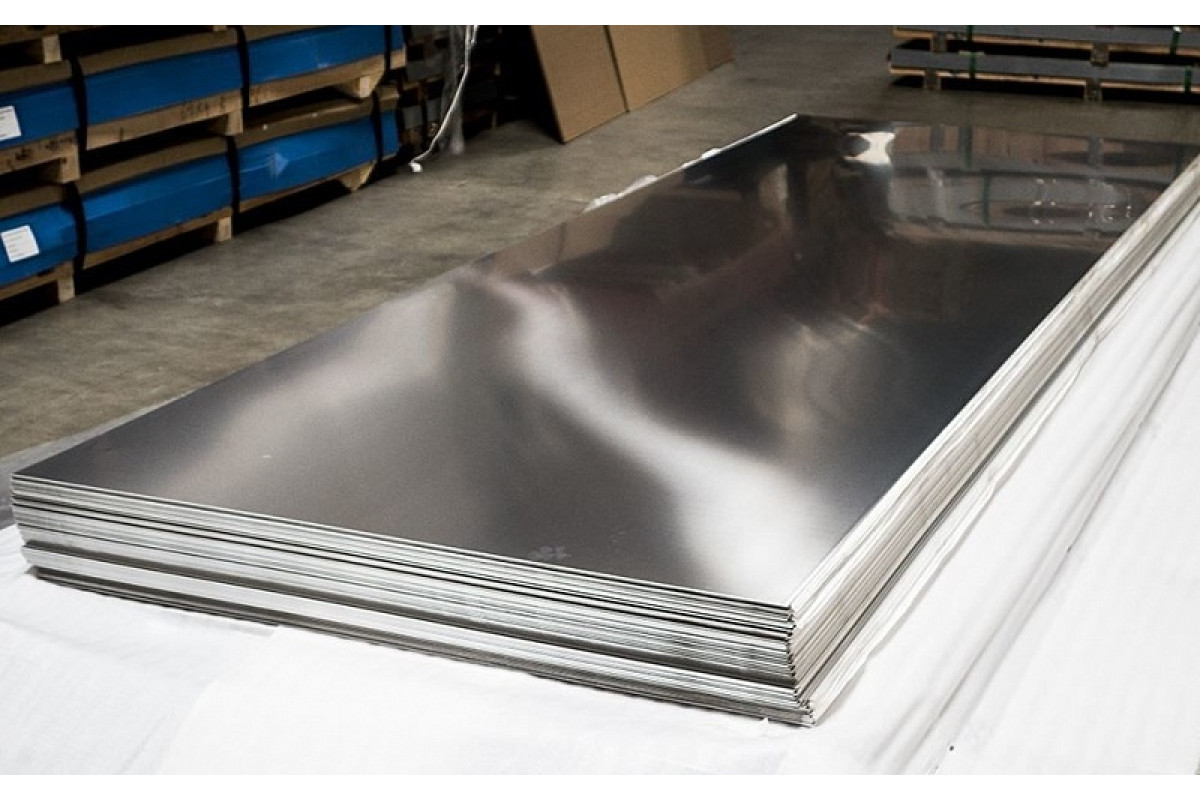
One of the key reasons why aluminium sheet metal is widely used is its impressive strength-to-weight ratio. This means that it can maintain its structural integrity while being considerably lighter than other metals. This property makes aluminium sheet metal an ideal choice for industries that require materials that are both strong and lightweight, such as the aerospace and automotive sectors. In the aerospace industry, for example, aluminium sheet metal is used in the construction of aircraft bodies and wings due to its ability to reduce fuel consumption by decreasing overall weight.
In addition to its strength-to-weight ratio, aluminium sheet metal is highly corrosion-resistant. Unlike steel or iron, aluminium forms a protective layer of aluminium oxide when exposed to oxygen, preventing further oxidation or damage. This makes it an excellent choice for applications where protection against corrosion is paramount, such as marine structures or outdoor architectural elements. The durability and longevity of aluminium sheet metal make it a cost-effective solution for such industries, reducing the need for frequent maintenance and replacement.
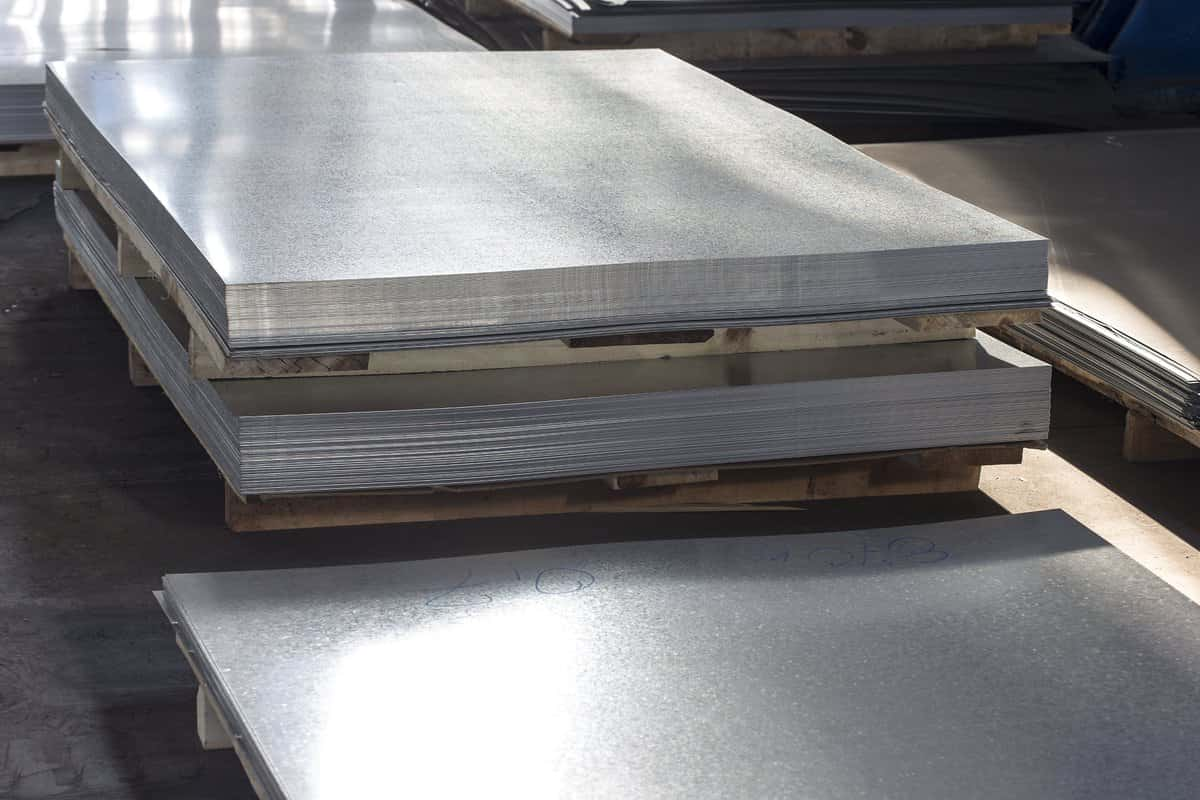
Furthermore, aluminium sheet metal can be easily shaped and formed, allowing for intricate designs and precise manufacturing. It is highly malleable and can be bent, cut, and welded without compromising its structural integrity. This flexibility opens up a world of possibilities for designers and engineers, enabling the creation of complex structures that would not be feasible with other materials. In the construction industry, aluminium sheet metal is frequently used for roofing, cladding, and structural components, thanks to its ease of fabrication and customization options.
Another advantage of aluminium sheet metal is its exceptional conductivity. Aluminium is an excellent conductor of both heat and electricity, making it an indispensable material in industries such as electronics or power transmission. In electronic devices, the use of aluminium sheet metal helps dissipate heat efficiently, preventing overheating and ensuring the longevity of the equipment. Additionally, its high electrical conductivity makes it a preferred choice for power transmission lines, reducing energy loss and increasing the overall efficiency of the electrical grid.
From a sustainability perspective, aluminium sheet metal is highly desirable due to its recyclability. Aluminium can be recycled repeatedly without losing its properties, making it an environmentally-friendly choice for industries aiming to reduce their carbon footprint. Moreover, recycling aluminium requires significantly less energy compared to its primary production, making it a cost-effective and eco-conscious alternative. This aspect has led many industries to embrace aluminium sheet metal as part of their commitment to sustainability and environmental responsibility.
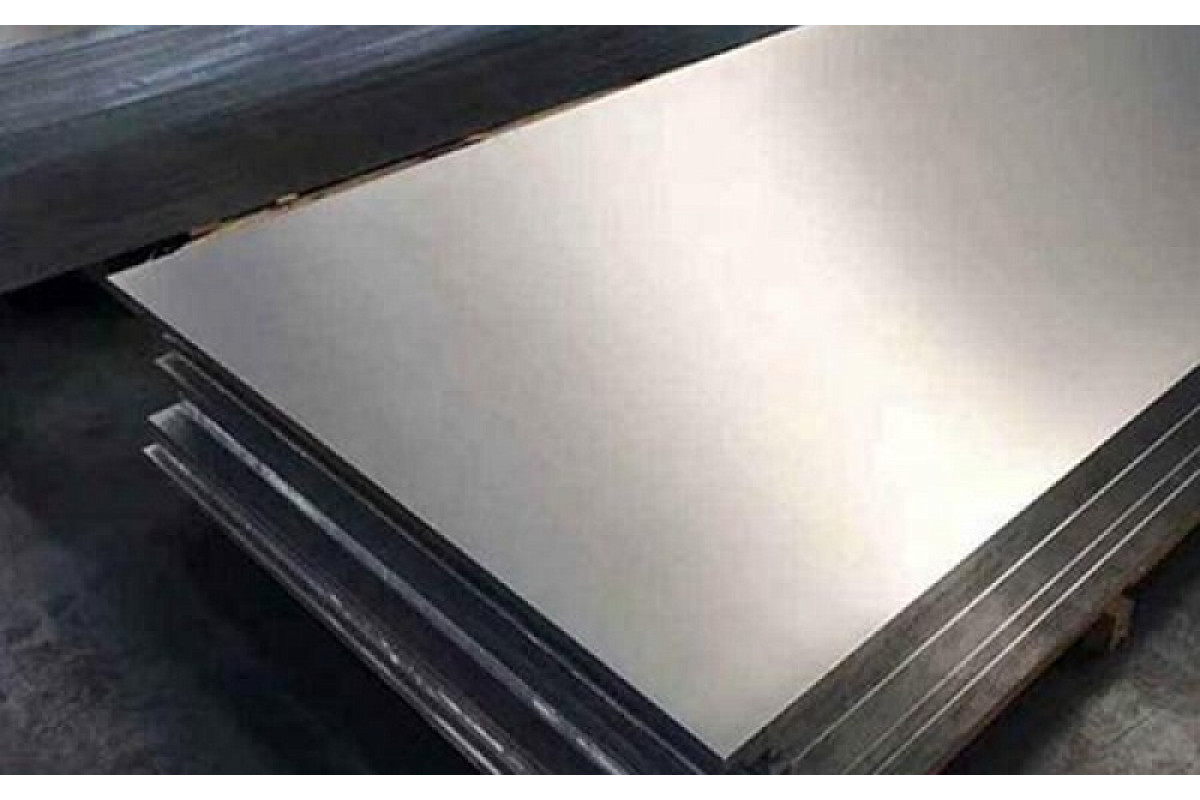
In conclusion, aluminium sheet metal is an essential material that has revolutionized numerous industries. Its strength, lightweight nature, corrosion resistance, and flexibility make it an ideal choice for aerospace, automotive, construction, and electronics sectors, to name a few. Moreover, its recyclability and sustainability factor contribute to its ever-growing popularity as businesses strive for eco-friendly solutions. This versatile material will continue to be a vital component in various industries, driving innovation and enabling the development of new technologies and designs for years to come.
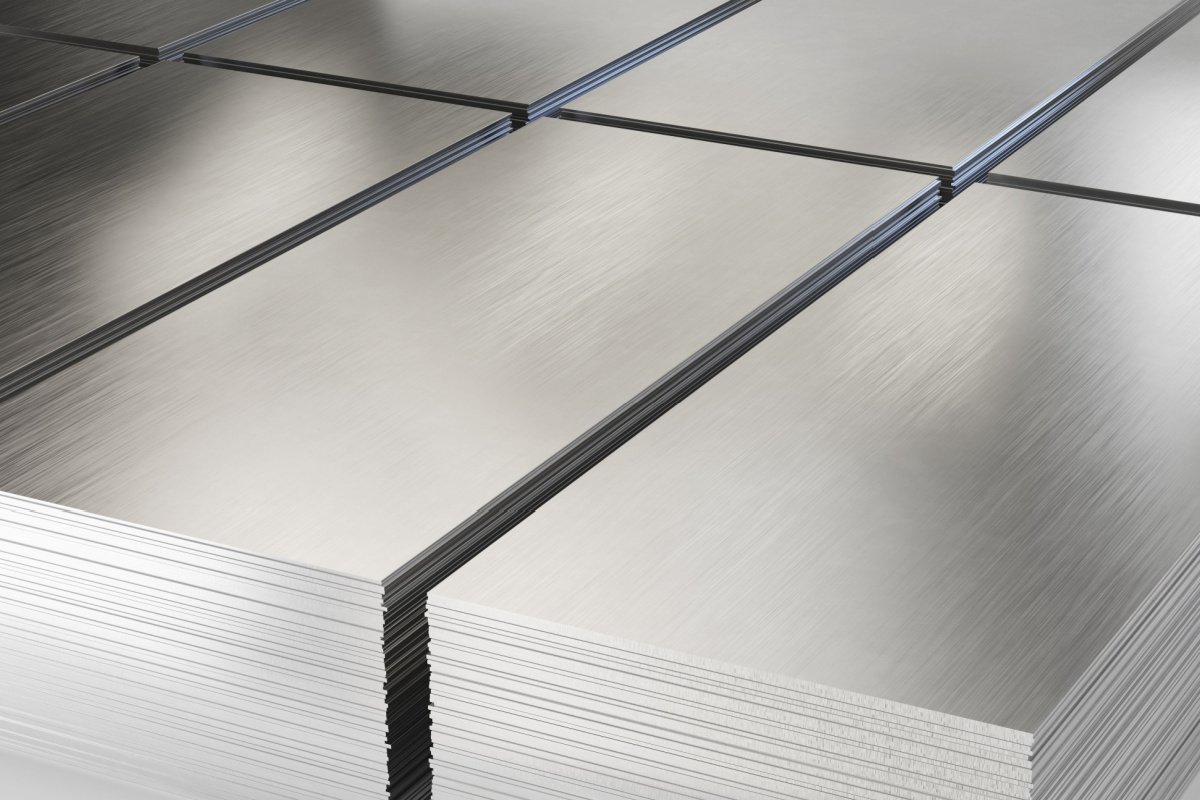
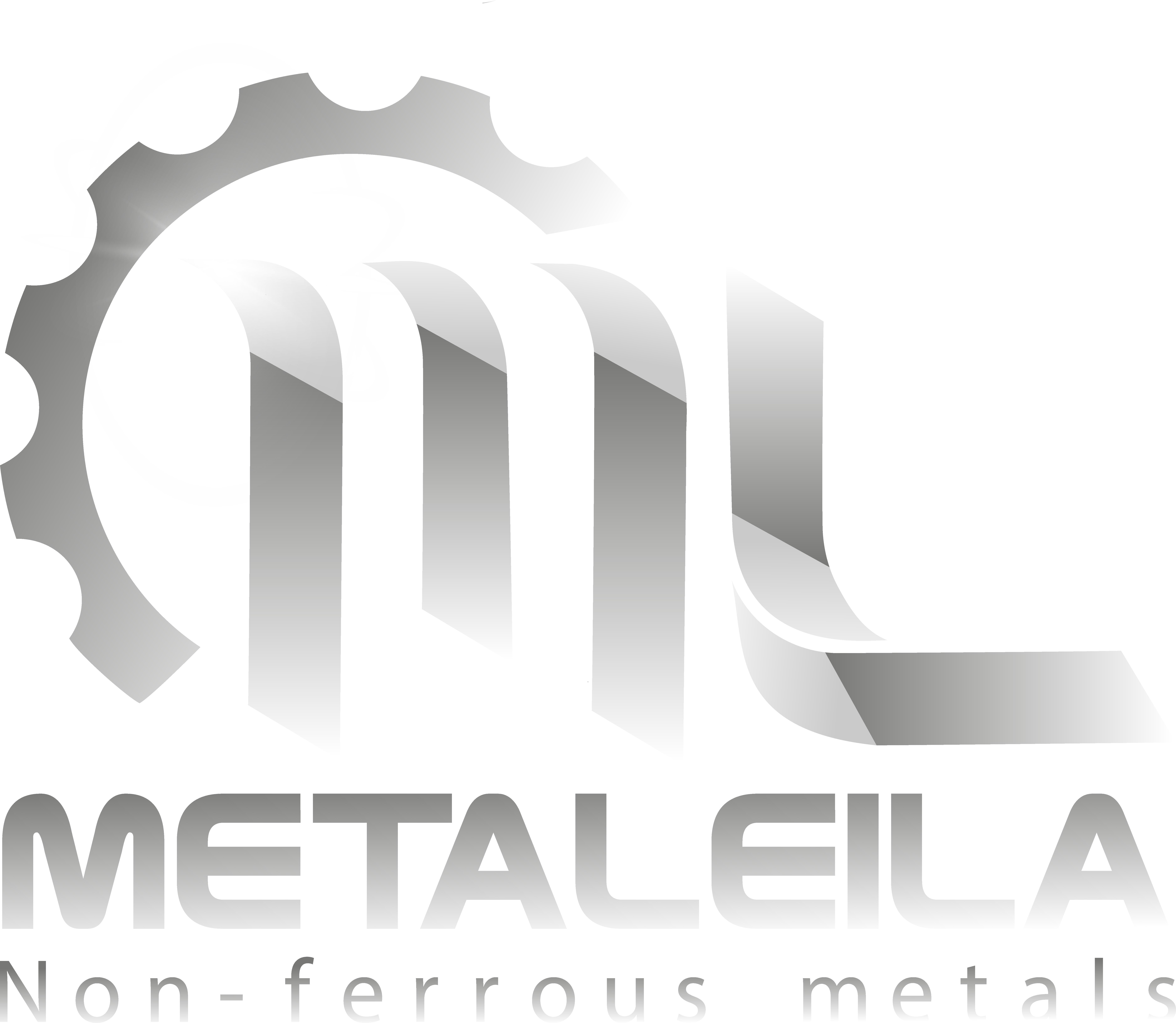
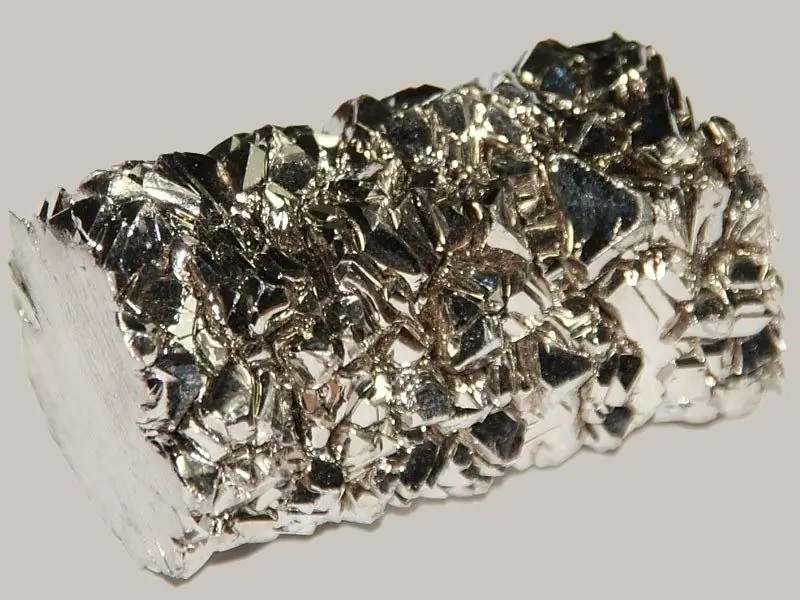
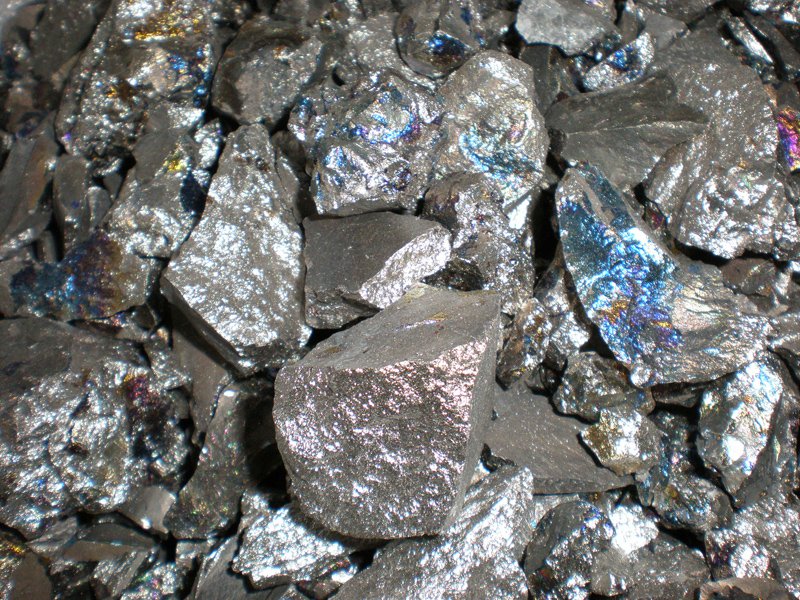
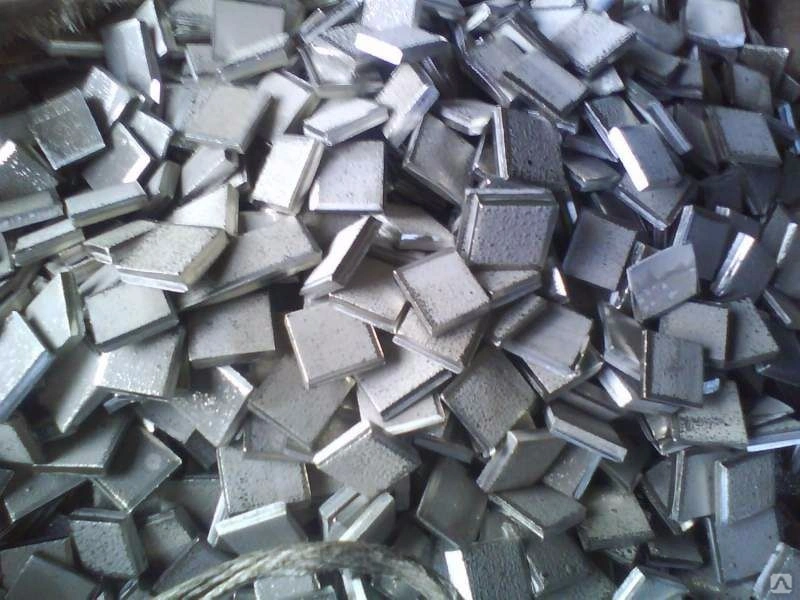
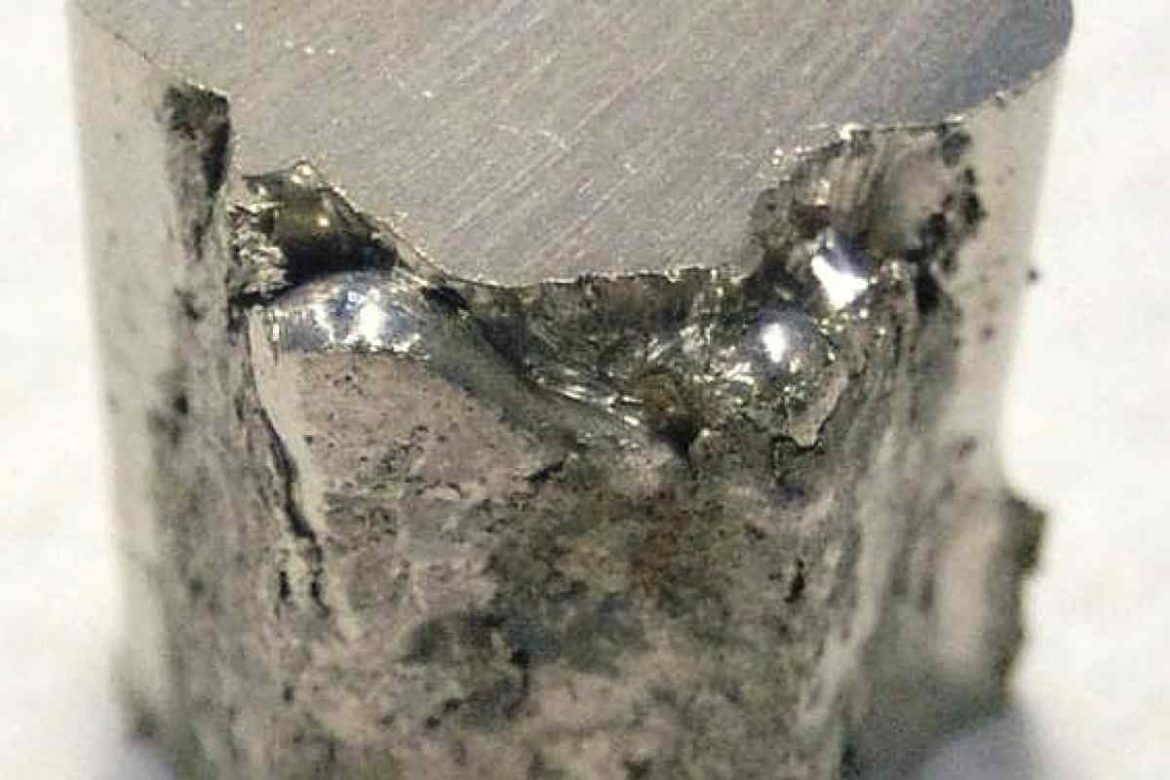
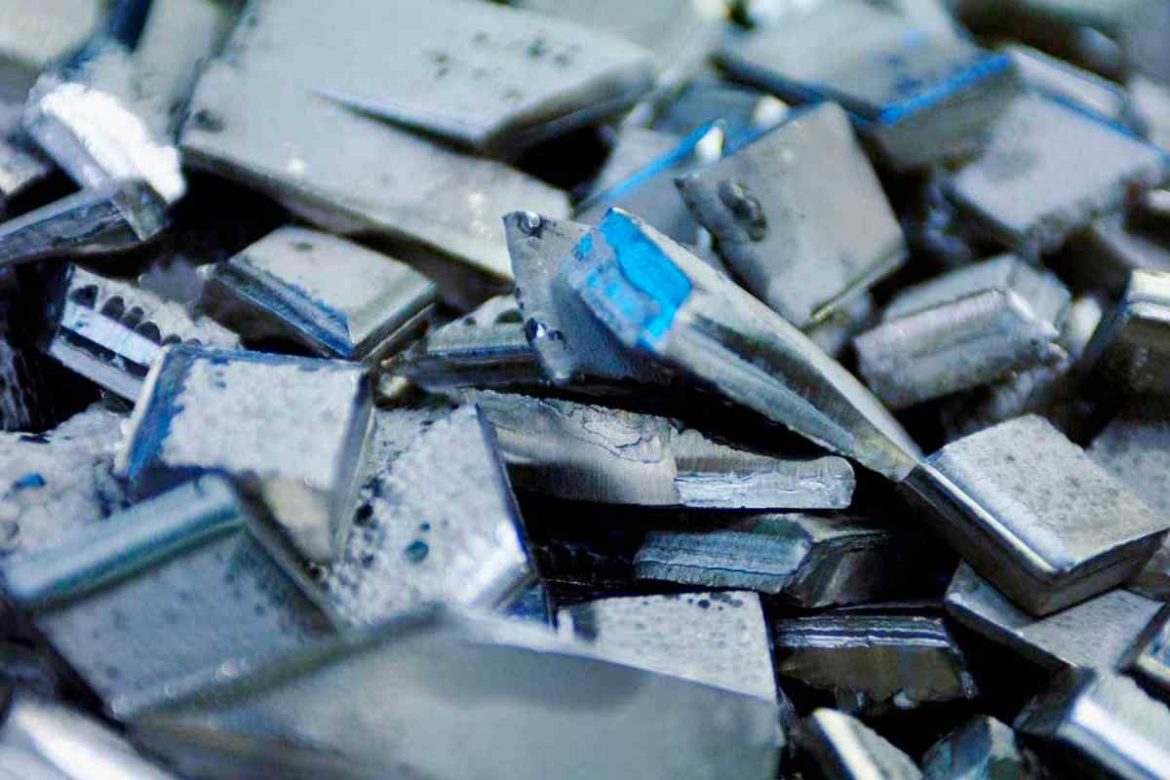
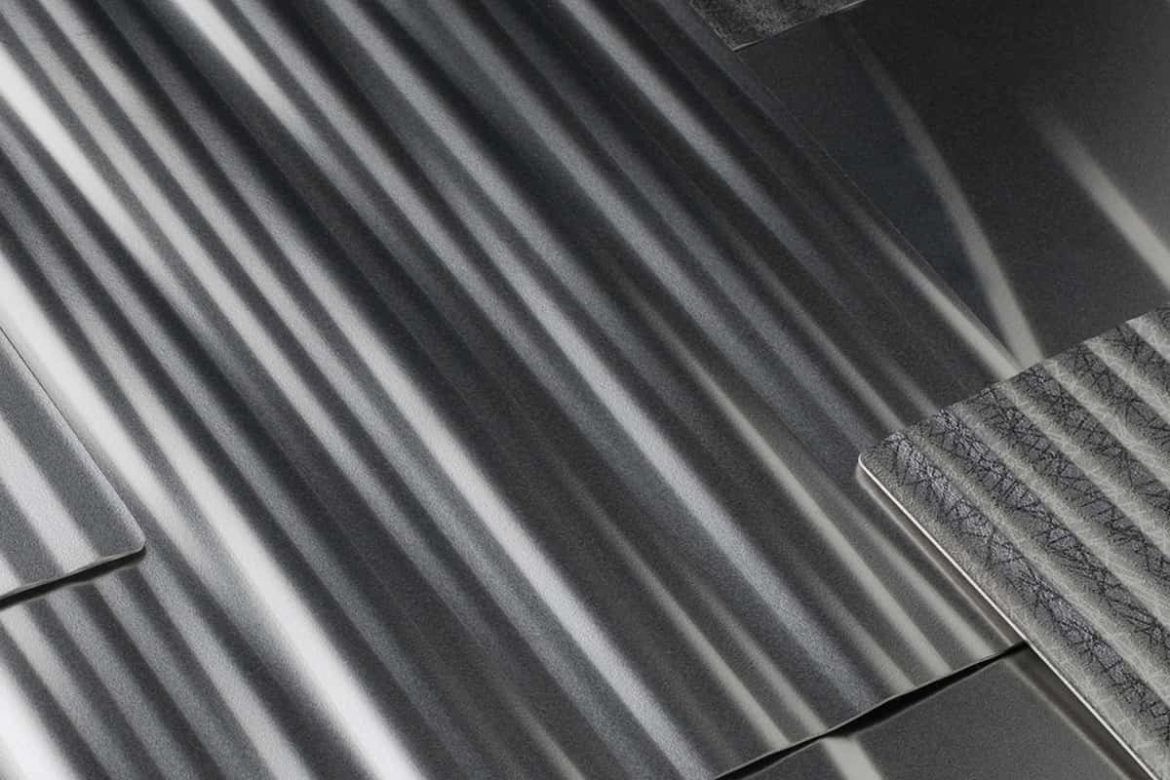
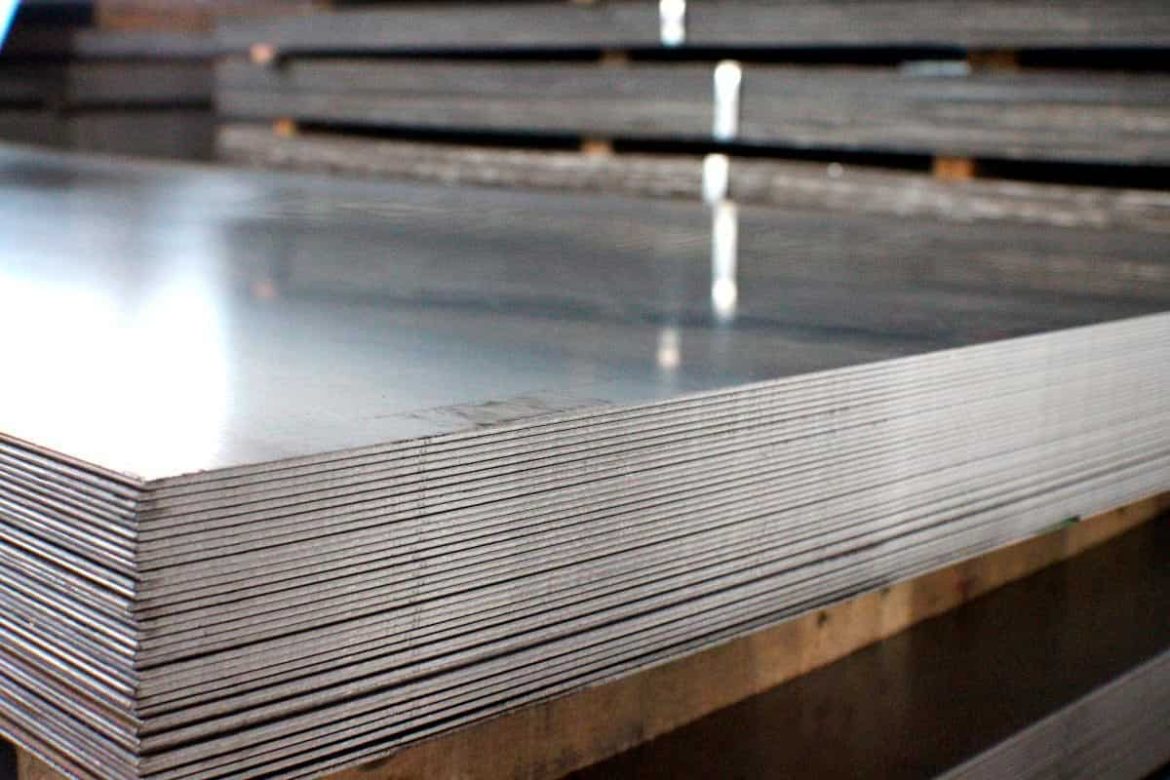
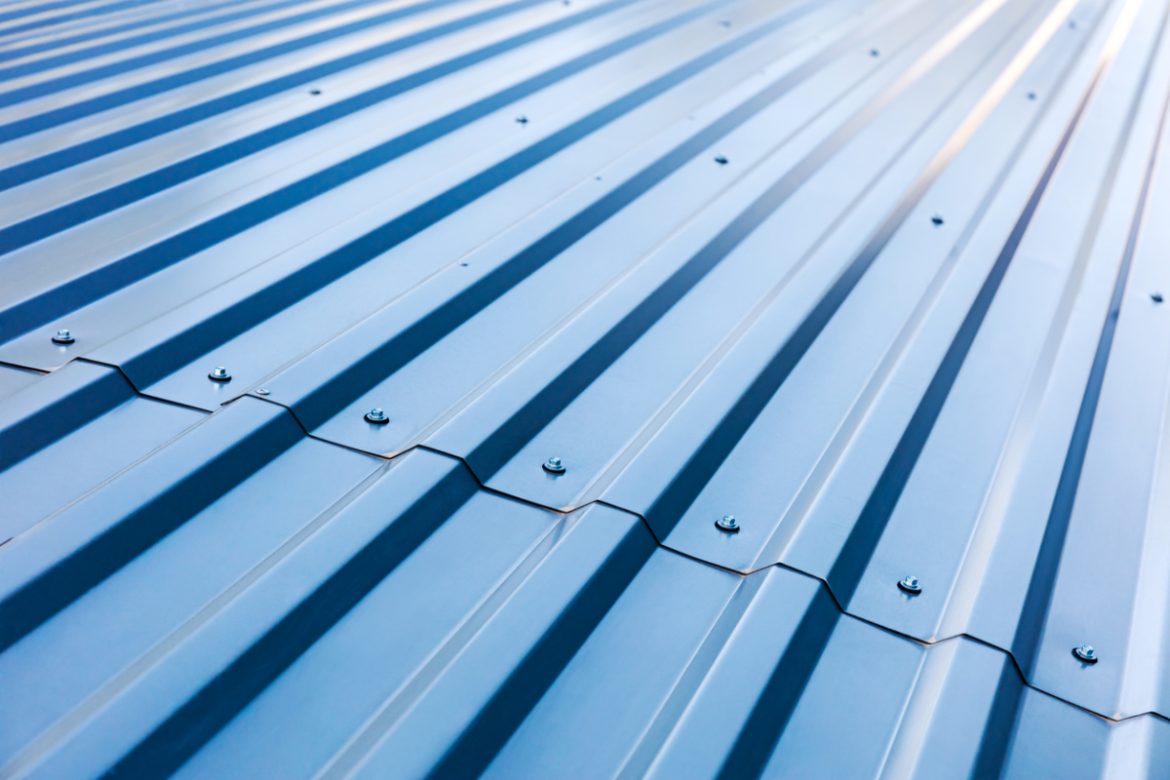
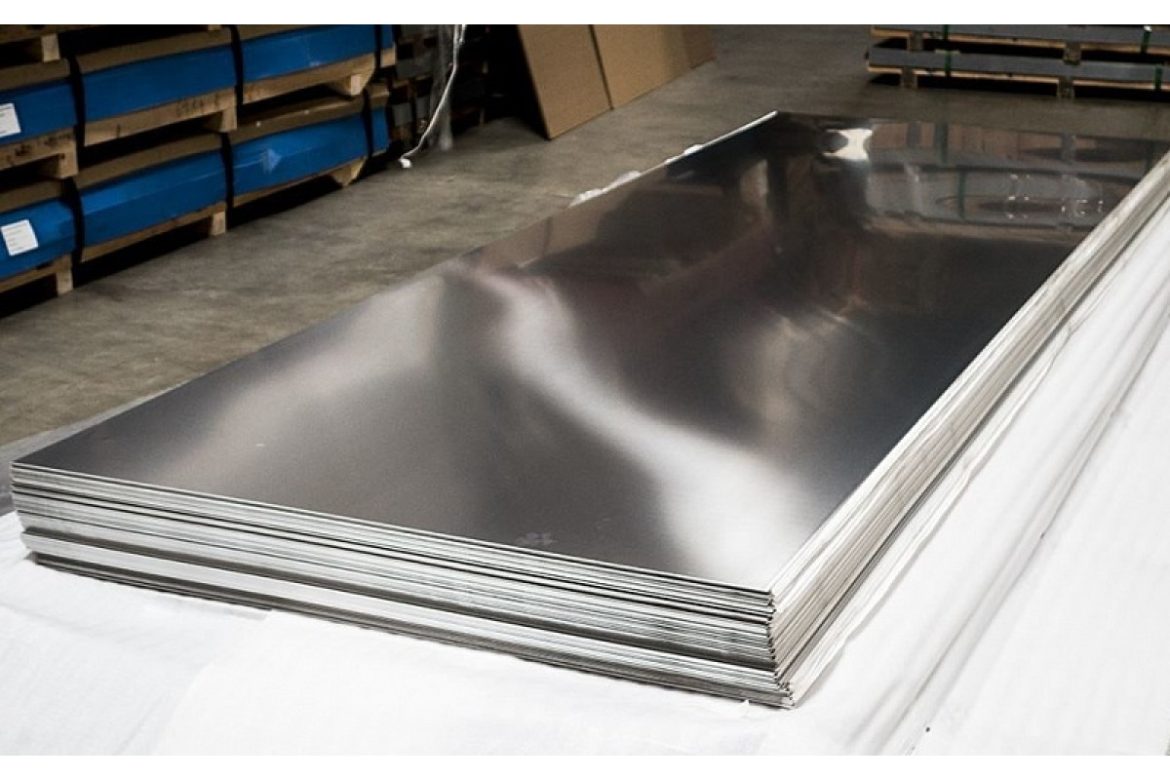
Your comment submitted.